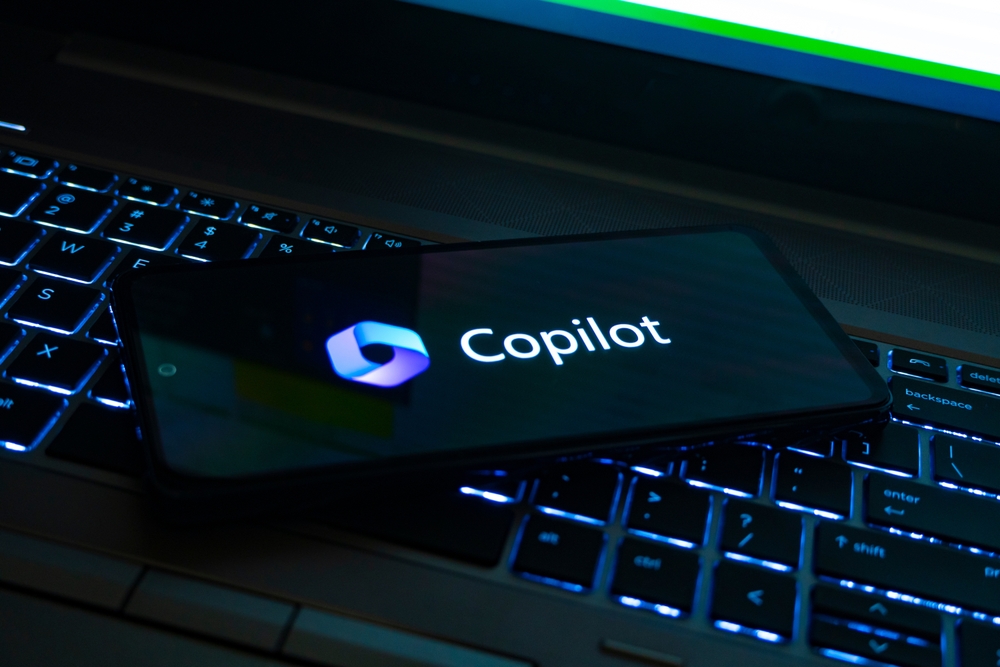Microsoft has comprehensively unveiled its latest AI project, Copilot.
Positioned as an advanced tool to bridge the gap between users and the digital environment, Copilot is a bold attempt to comprehensively infuse Microsoft products with generative AI.
At the heart of Copilot lies a combination of chat interfaces and large language models (LLMs).
This enables the system to interpret user requests in natural language while extending functionality into Microsoft software and apps.
In a sense, Microsoft intends for its AI to ‘glue’ together its ecosystem, providing users with an intelligent, centralized control center for their files, apps, emails, and more.
Microsoft’s latest announcement clarified at least some of Copilot’s inner mechanics, and it’s looking like a more overarching, holistic tool than many expected.
Questions remain about the AI models involved and the extent of collaboration with OpenAI and the GPT family of models.
The timing is also significant, as Google, OpenAI, and YouTube announced new products in the last 24 hours or so – it’s shaping up to be a monstrous week for AI product announcements.
Here are some of the Copilot system’s key features as per Microsoft’s new announcement:
- Data integration: Copilot is engineered to amalgamate data from three primary sources: the broader web, specific user work data, and real-time PC activity.
- Privacy safeguards: Despite its data-centric operations, Microsoft has reinforced its commitment to user privacy and security. The company assures that while Copilot will access various data streams, stringent measures are in place to protect user confidentiality and data integrity.
- Platform compatibility: Copilot’s initial rollout will be an optional feature for Windows 11 users starting September 26. The subsequent phase, slated for the fall, will see its integration into Microsoft 365, Edge, and Bing.
Integration with Windows 11:
In Microsoft’s words, the “New Windows 11 Update delivers over 150 new features, including bringing the power of Copilot to the PC.”
- Accessibility: Users downloading Copilot on Windows 11 will access it through dedicated buttons and possibly a keyboard shortcut or special key on new Microsoft devices like the Surface.
- Application integration: Microsoft has outlined plans for AI-driven enhancements to native Windows applications. Notably, Paint is set to receive AI-backed drawing tools (maybe with DALL-E?), and the Photos app will incorporate advanced editing capabilities.
Bing and Edge:
- Refined search: Bing’s search algorithm will undergo modifications to incorporate user chat history. This change aims to provide search results more contextually aligned with user preferences and past interactions.
- E-commerce: Copilot will help users narrow down product choices based on interactive queries.
- Collaboration with OpenAI: Bing plans to integrate with OpenAI’s DALL-E 3 model, which OpenAI demonstrated this week. DALL-E 3 will be integrated into ChatGPT, too.
Microsoft 365:
- Enterprise integration: Microsoft 365 is set to harness Copilot’s capabilities to harness emails, meetings, and documents to offer consolidated, relevant insights. Microsoft made a controversial commitment to paying any legal fees businesses face through copyright content generated with their AI tools.
- Designer updates: Microsoft 365’s Designer app will integrate with OpenAI’s DALL-E 3 for advanced image manipulation.
New hardware thrown into the mix
In addition to Copilot announcements, Microsoft stated that their upcoming Surface devices have been optimized for AI functionality.
All in all, Microsoft’s Copilot represents a massive step forward for AI’s integration into day-to-day workflows.
Until the community gets stuck in, questions remain about how effective these apps and tools will be or whether their potential will fall by the wayside.





